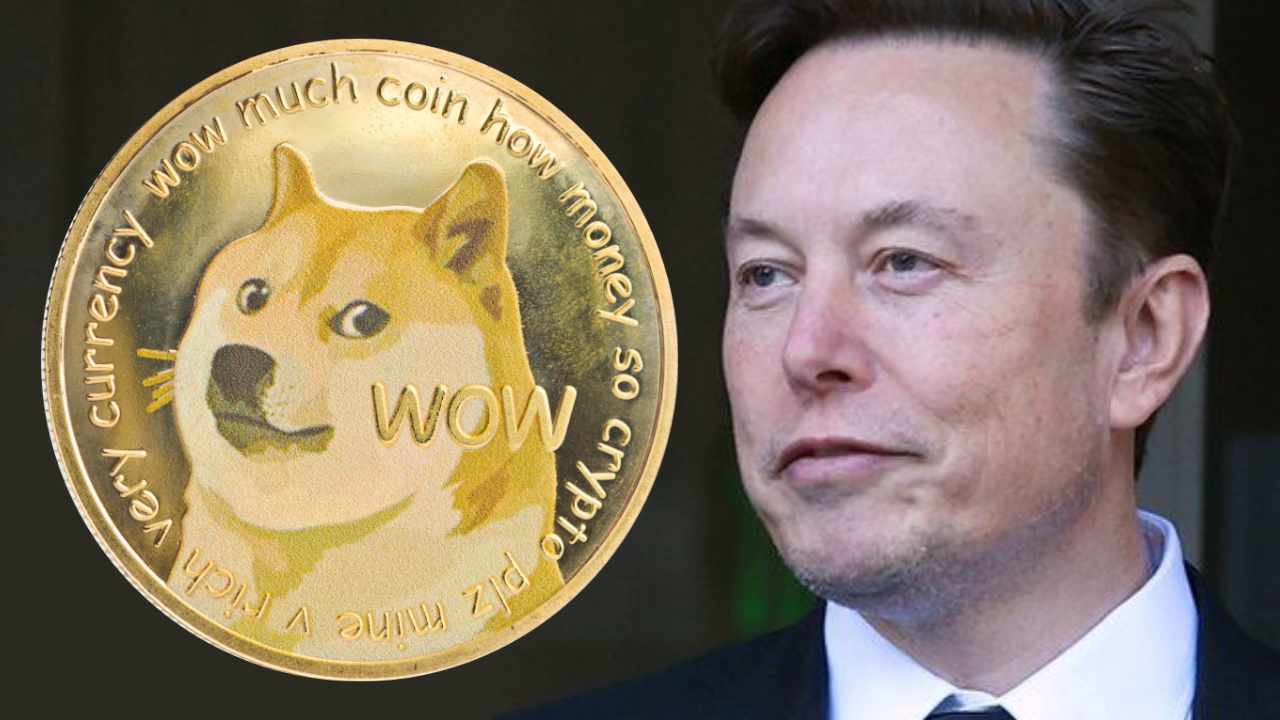Elon Musk Asks Judge to Dismiss $258B Dogecoin Lawsuit — Insists Tweeting Support for DOGE Isn’t Unlawful – Featured Bitcoin News
Tesla and Twitter CEO Elon Musk has asked a U.S. judge to dismiss a $258 billion lawsuit filed against him by dogecoin investors. They alleged that the billionaire operated a pyramid scheme to promote the meme cryptocurrency dogecoin. “There is nothing unlawful about tweeting words of support for, or funny pictures about, a legitimate cryptocurrency that continues to hold a market cap of nearly $10 billion,” Musk’s lawyer argued.
Elon Musk Wants Court to Dismiss Lawsuit by Dogecoin Investors
Elon Musk, CEO of Tesla and Twitter, asked a U.S. judge on Friday to dismiss a $258 billion lawsuit alleging that he operated a pyramid scheme to promote the meme cryptocurrency dogecoin (DOGE). The lawsuit, Johnson et al v. Musk et al, filed in the U.S. District Court for the Southern District of New York, alleges that Musk and his companies, Tesla and Spacex, “falsely and deceptively claim that dogecoin is a legitimate investment when it has no value at all.”
In a formal request filed Friday, Musk’s legal team described the lawsuit brought by dogecoin investors as a “fanciful work of fiction” concerning Musk’s “innocuous and often silly tweets” about the meme cryptocurrency. They argued that the investors failed to clarify how Musk intended to defraud anyone or what risks he concealed. They also argued that the Tesla CEO’s comments — such as “Dogecoin Rulz” and “no highs, no lows, only Doge” — were too ambiguous to support a fraud allegation.
Musk’s lawyers detailed:
There is nothing unlawful about tweeting words of support for, or funny pictures about, a legitimate cryptocurrency that continues to hold a market cap of nearly $10 billion … This court should put a stop to plaintiffs’ fantasy and dismiss the complaint.
Musk’s legal team also disputed the DOGE investors’ assertion that dogecoin met the criteria to be classified as a security. While the chairman of the U.S. Securities and Exchange Commission (SEC), Gary Gensler, has said in a few interviews that all crypto tokens, except bitcoin, are securities, many people have argued that his opinion is not the law.
Nonetheless, Evan Spencer, the lawyer representing the dogecoin investors, stated in an email: “We are more confident than ever that our case will be successful.”
According to the investors, Musk intentionally drove up the value of dogecoin by over 36,000% over two years, only to subsequently let it crash. They claimed that this resulted in billions of dollars in profits for Musk while other dogecoin investors suffered, despite Musk being aware that the meme cryptocurrency lacked any intrinsic value. Additionally, the investors cited Musk’s appearance on Saturday Night Live, where he portrayed a fictional financial expert and referred to dogecoin as “a hustle.”
Despite the lawsuit, the Tesla and Twitter boss confirmed that he will continue to buy and support DOGE. Musk is known in the dogecoin community as the Dogefather. His electric car company, Tesla, accepts the meme crypto for some merchandise, and earlier this year, he reaffirmed that he will eat a McDonald’s Happy Meal on TV if the fast food chain accepts payments in dogecoin.
Do you think the judge should dismiss the lawsuit against Elon Musk by dogecoin investors? Let us know in the comments section below.
Image Credits: Shutterstock, Pixabay, Wiki Commons
Disclaimer: This article is for informational purposes only. It is not a direct offer or solicitation of an offer to buy or sell, or a recommendation or endorsement of any products, services, or companies. Bitcoin.com does not provide investment, tax, legal, or accounting advice. Neither the company nor the author is responsible, directly or indirectly, for any damage or loss caused or alleged to be caused by or in connection with the use of or reliance on any content, goods or services mentioned in this article.
Credit: Source link
































